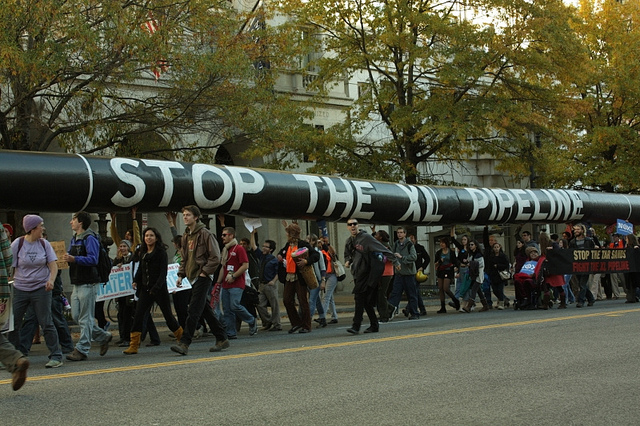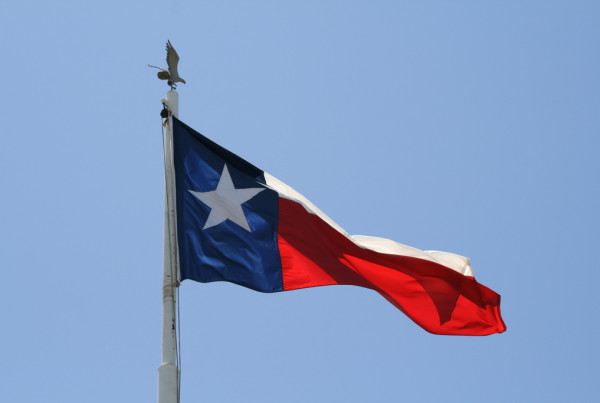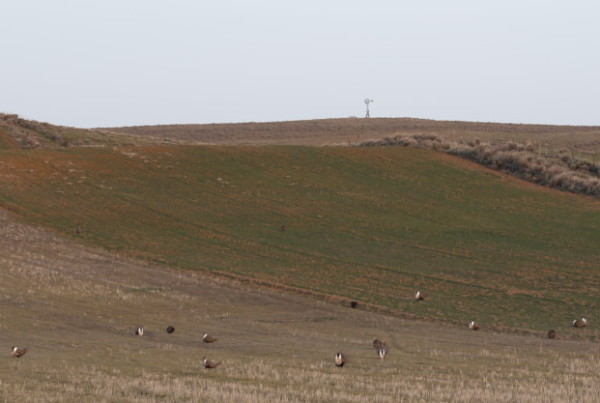The FBI acknowledged this week that it broke its own its own guidelines back in 2013 when it investigated environmental advocates who opposed the Keystone XL pipeline.
The Guardian published the investigation and Paul Lewis, the paper’s Washington’s correspondent, joins the Texas Standard.
The report centered on agents at the FBI’s field office in Houston, who admittedly broke rules of conduct while investigating groups opposed to the pipeline by failing to get approval before cultivating informants and opening files on protestors against the pipeline in Texas.
“These are important rules. These prevent agents from becoming unduly involved in overly political, or sensitive matters. So when they’re investigating journalists, or elected officials, or groups like these – political organizations, they’re supposed to get proper approval,” Lewis explains. “And on this occasion they didn’t.”
Internal FBI documents published by The Guardian say the agency was responsible of “substantial non-compliance” with Department of Justice rules. Those documents also labeled protesters as “environmental extremists” and viewed the Keystone pipeline as “vital to the security and economy of the United States.”
The FBI investigation specifically targeted the Tar Sands Blockade, a so-called direct-action group that was at the time campaigning in east Houston.
“Technically when you’re looking at a pipeline like Keystone XL, it’s defined by the U.S. Government as national infrastructure. And some of these activists do get involved in what you would call, ‘non-violent civil disobedience’. So low level crime, minor stuff like trespass, etc…” Lewis says. “And that has been, in the past, interpreted to justify federal investigations into these activists. The activists would say that they are exercising their right to protest. And that it is overkill for the FBI, or any other federal law enforcement to treat them like would-be terrorists.”












